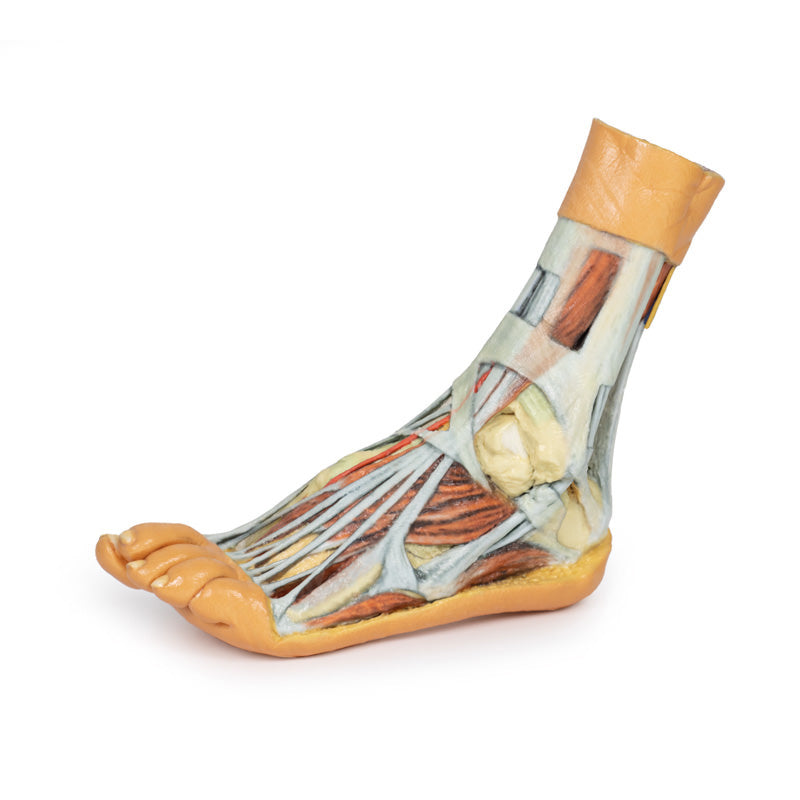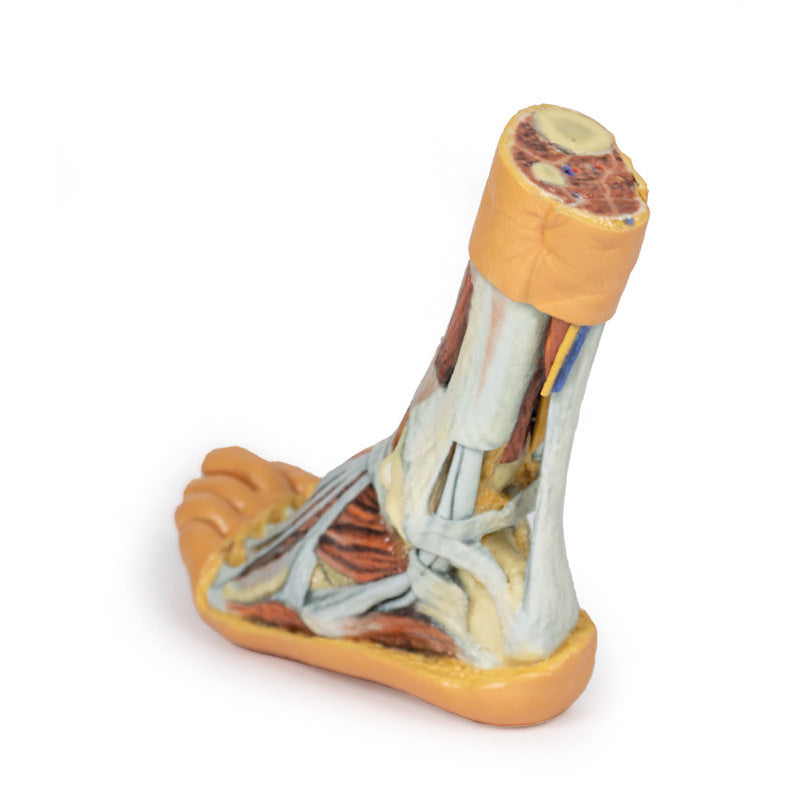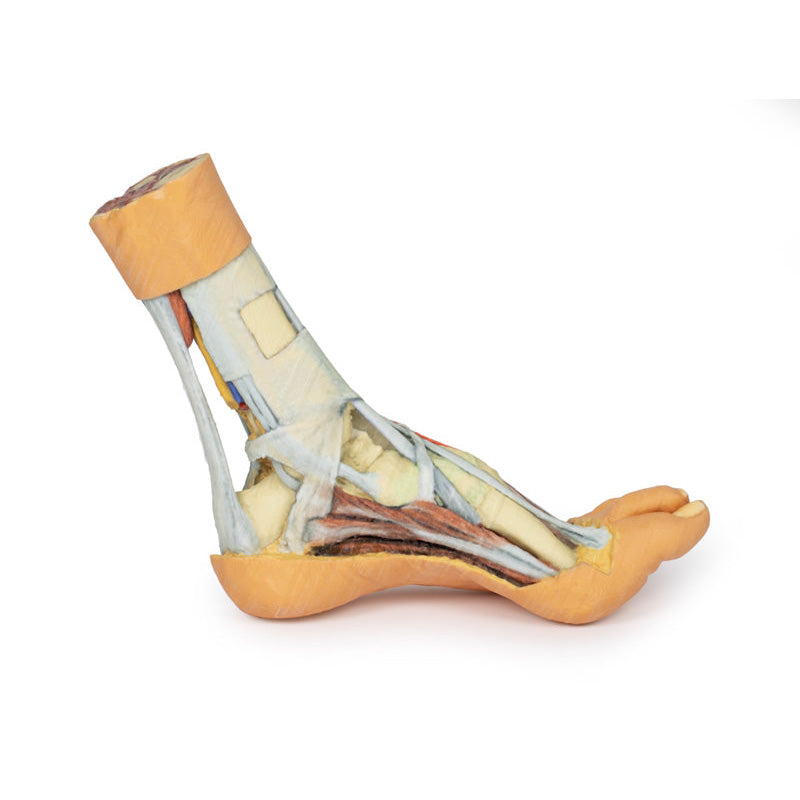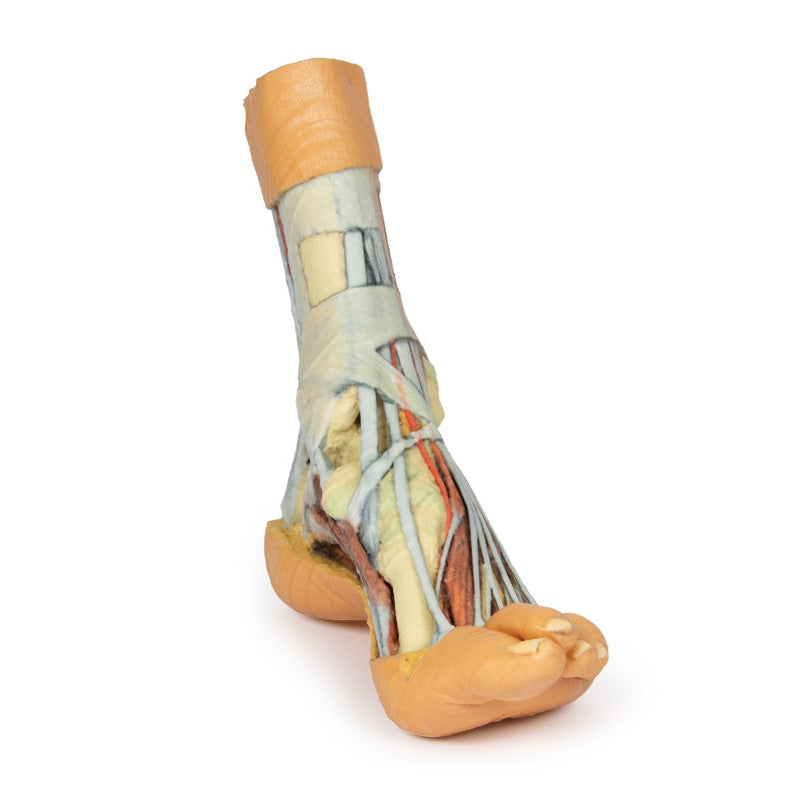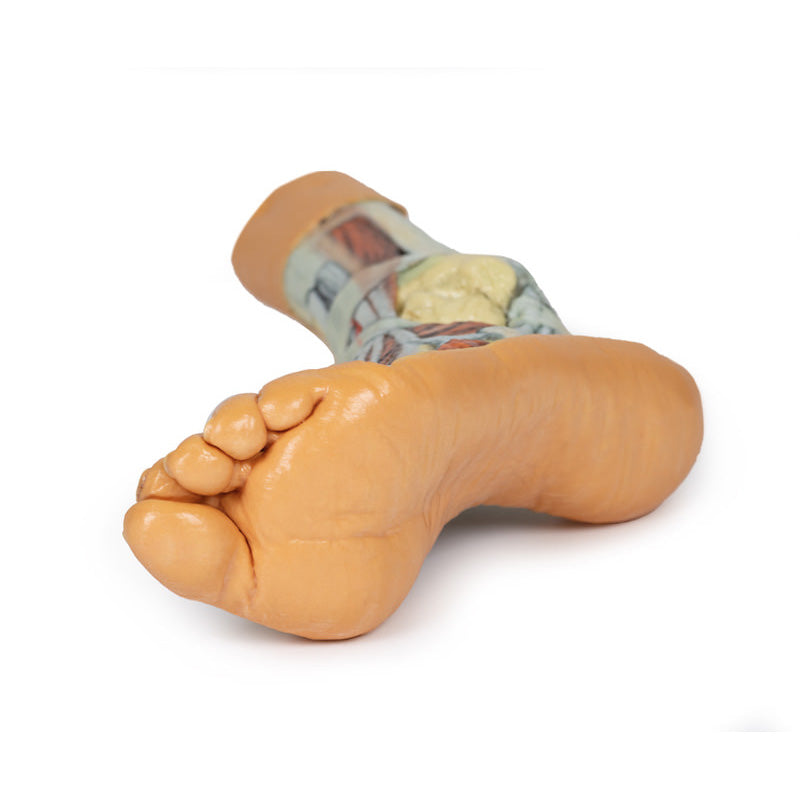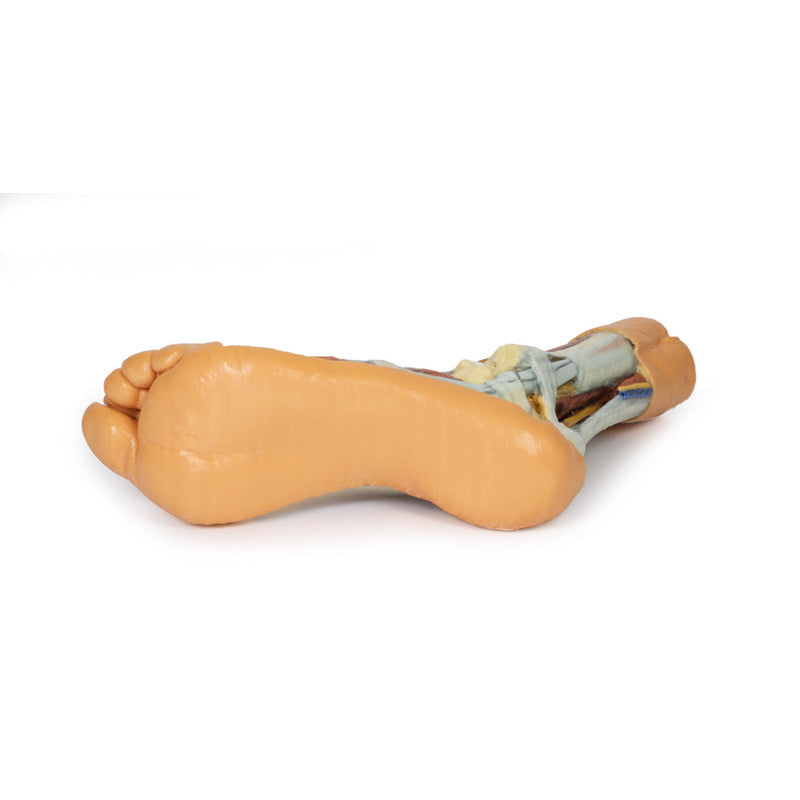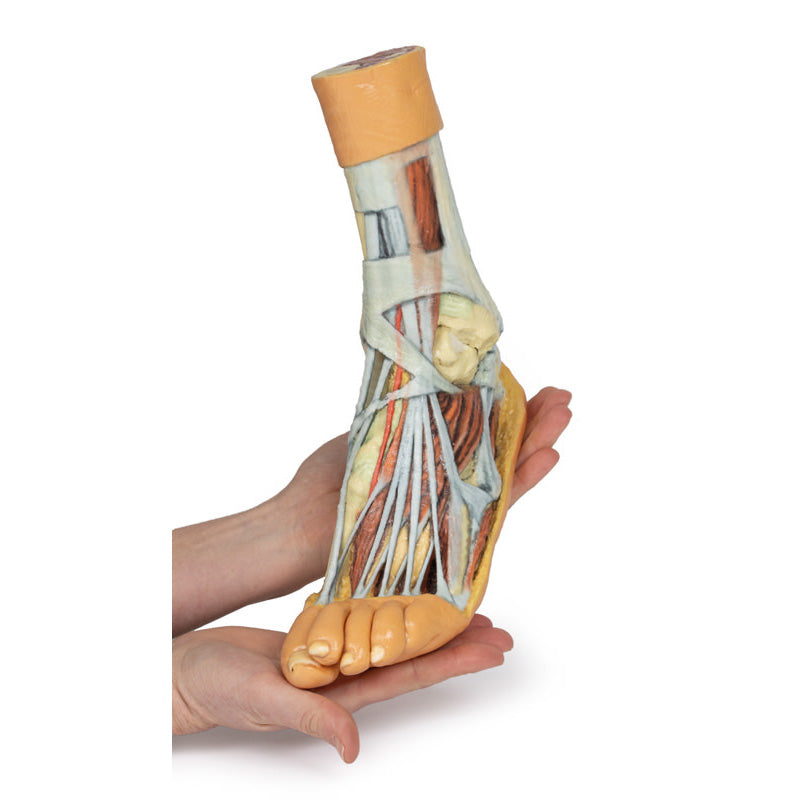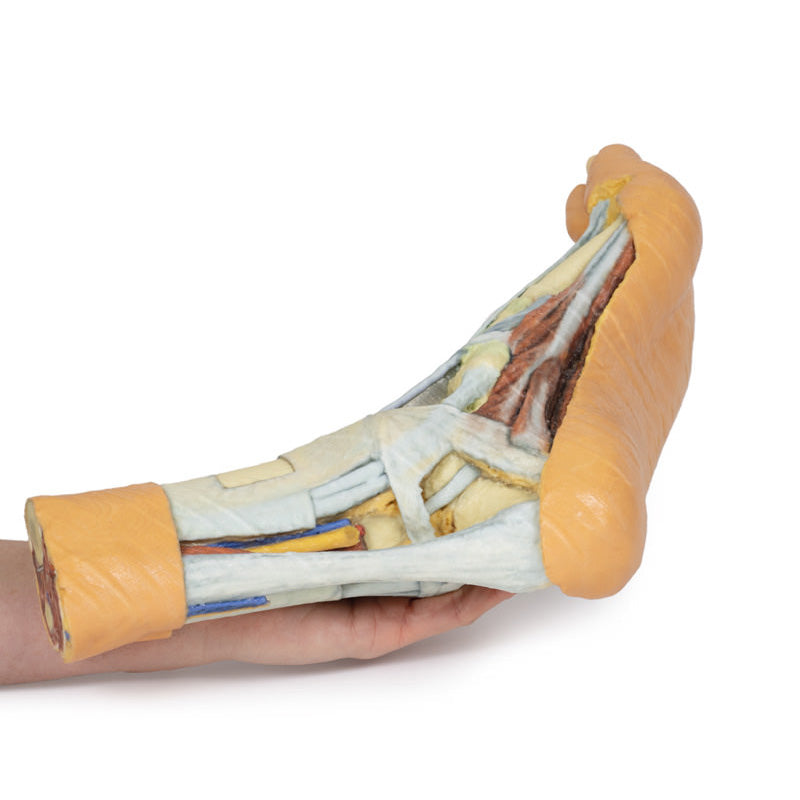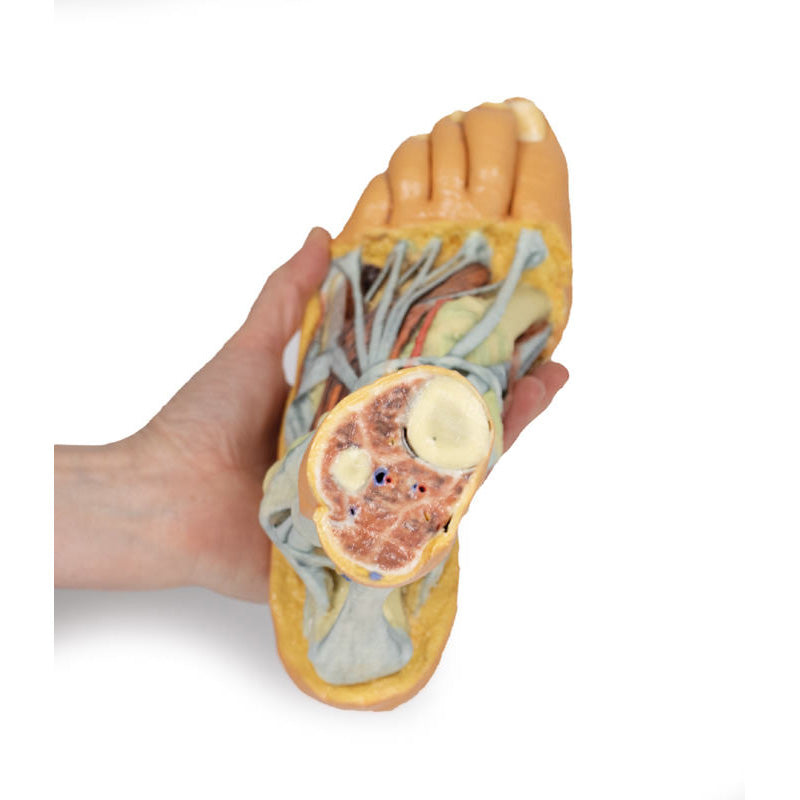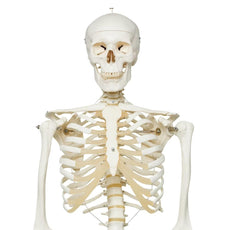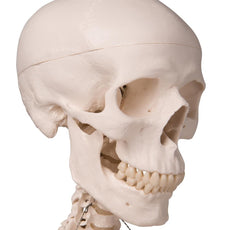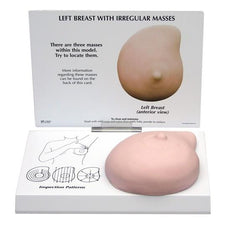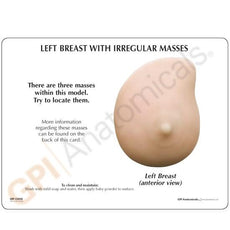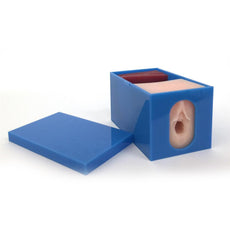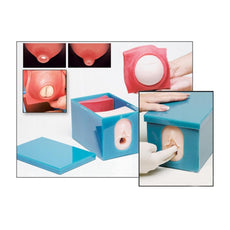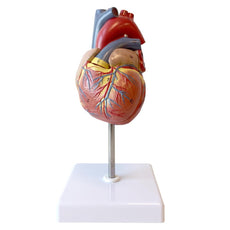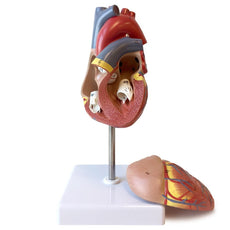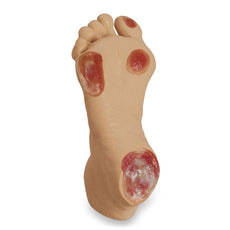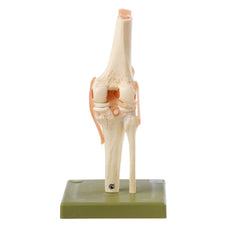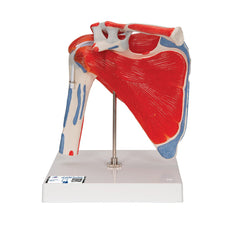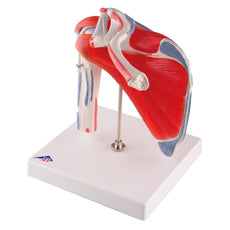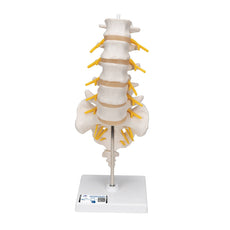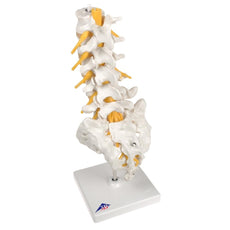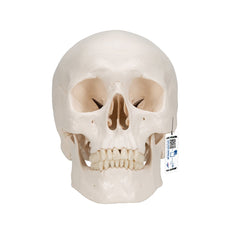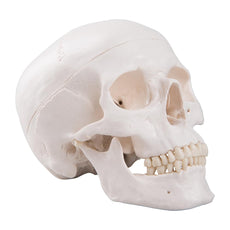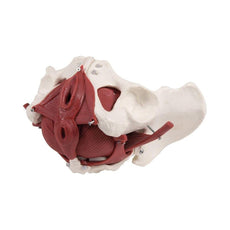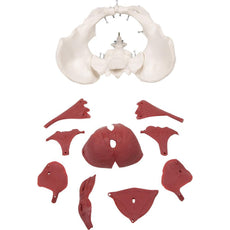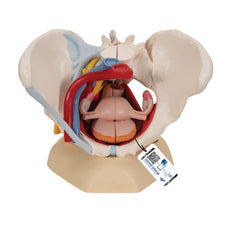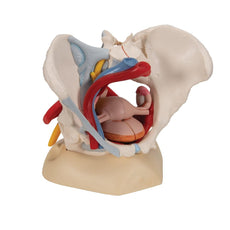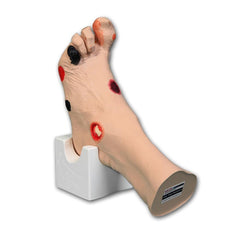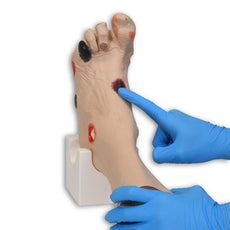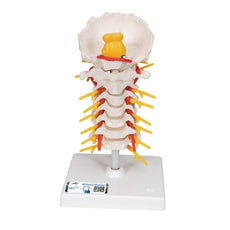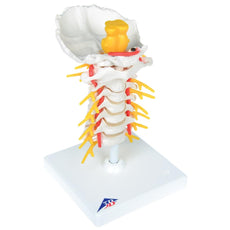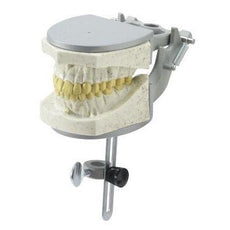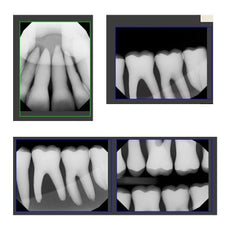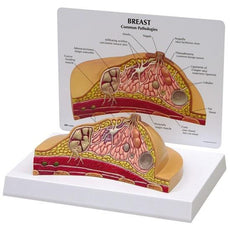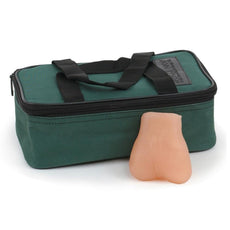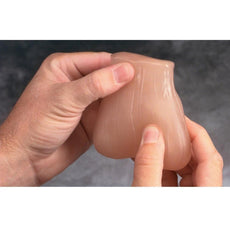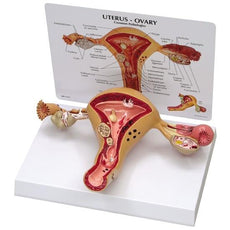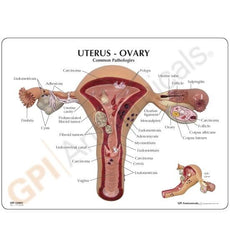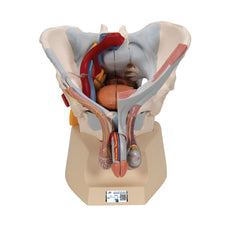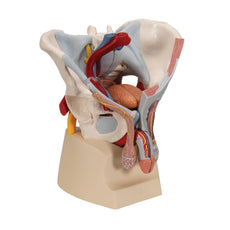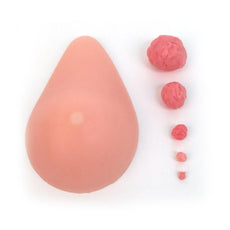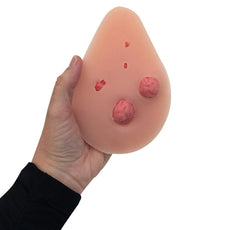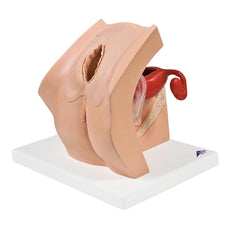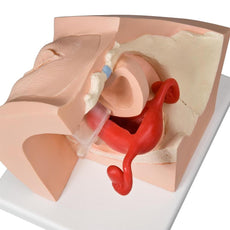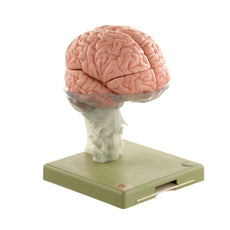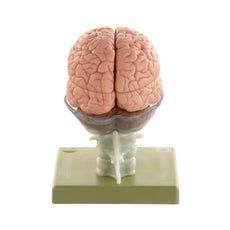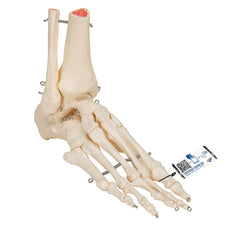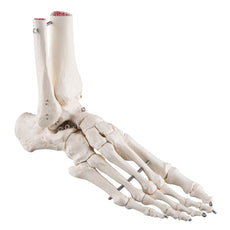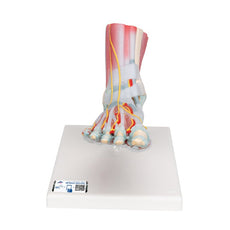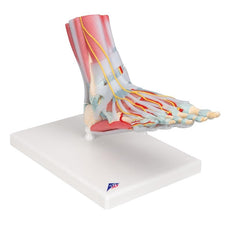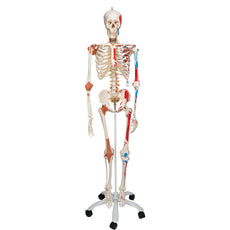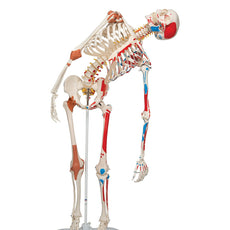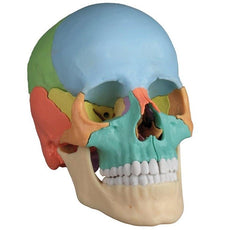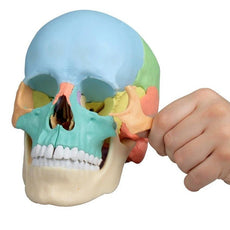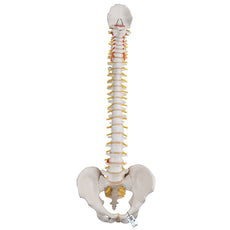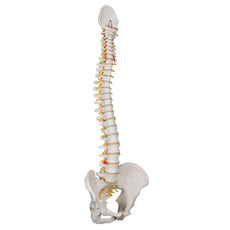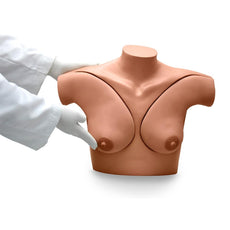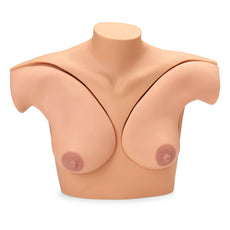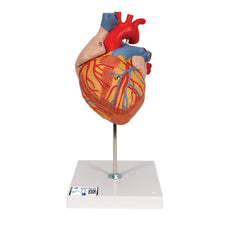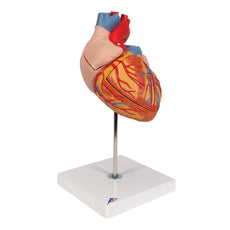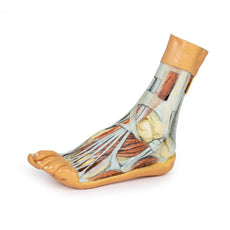Your shopping cart is empty.
3D Printed Foot Model with superficial and deep dissection of foot

9.0 lb
🎄 HOLIDAY SAVINGS - Ends Dec 31 🎄
Discount has been automatically applied for this item.
3D Printed Foot Model with superficial and deep dissection of foot
Item # MP1920
$1,683.00
$1,870.00
You save $187.00
Need an estimate?
Click Add To Quote

Features & Specifications
-
by
A trusted GT partner -
FREE Shipping
U.S. Contiguous States Only -
3D Printed Model
from a real specimen -
Gov't pricing
Available upon request
Frequently Bought Together
3D Printed Foot Model Superficial and deep dissection of distal leg and foot
This 3D printed specimens preserves a mixed superficial and deep dissection of a left distal leg and foot. Posteriorly, the compartment muscles and neurovascular structures have been removed to isolate the tendocalcaneous and expose the body of the calcaneus.Medially, the tibialis posterior and flexor digitorum longus tendons are visible deep to the crural fascia, joined by the tendon of the flexor hallucis longus as the tendons passing deep to the flexor retinaculum (opened to demonstrate the tendon passage)
to the medial foot.
The adductor hallucis, medial head of the flexor hallucis brevis, and flexor digitorum brevis muscles are all exposed on the medial aspect of the foot.
On the dorsum of the foot, both superior and inferior extensor retinacula are preserved, with the muscles of the anterior compartment of the leg extending to their distal attachments (including the fibularis tertius).
The anterior tibial artery is exposed through to the dorsalis pedis artery.
Deep to these long tendons are the extensor hallucis brevis and extensor digitorum brevis muscles, as well as the dorsal interosseous muscles.
On the lateral aspect, both fibularis longus and brevis are visible deep to the crural fascia, with their tendons passing deep to both superior and inferior fibular retinacula. On the lateral margin of the foot the abductor digit minimi muscle is exposed.
Download Handling Guidelines for 3D Printed Models
GTSimulators by Global Technologies
Erler Zimmer Authorized Dealer
The adductor hallucis, medial head of the flexor hallucis brevis, and flexor digitorum brevis muscles are all exposed on the medial aspect of the foot.
On the dorsum of the foot, both superior and inferior extensor retinacula are preserved, with the muscles of the anterior compartment of the leg extending to their distal attachments (including the fibularis tertius).
The anterior tibial artery is exposed through to the dorsalis pedis artery.
Deep to these long tendons are the extensor hallucis brevis and extensor digitorum brevis muscles, as well as the dorsal interosseous muscles.
On the lateral aspect, both fibularis longus and brevis are visible deep to the crural fascia, with their tendons passing deep to both superior and inferior fibular retinacula. On the lateral margin of the foot the abductor digit minimi muscle is exposed.
Download Handling Guidelines for 3D Printed Models
GTSimulators by Global Technologies
Erler Zimmer Authorized Dealer
These items normal warranty are two years, however the warranty doesn’t cover “wear and tear”. The manufacturer does have 100% quality control on these models.
The models are very detailed and delicate. With normal production machines you cannot realize such details like shown in these models.
The printer used is a color-plastic printer. This is the most suitable printer for these models.
The plastic material is already the best and most suitable material for these prints. (The other option would be a kind of gypsum, but this is way more fragile. You even cannot get them out of the printer without breaking them).The huge advantage of the prints is that they are very realistic as the data is coming from real human specimen. Nothing is shaped or stylized.
The users have to handle these prints with utmost care. They are not made for touching or bending any thin nerves, arteries, vessels etc. The 3D printed models should sit on a table and just rotated at the table.
The models are very detailed and delicate. With normal production machines you cannot realize such details like shown in these models.
The printer used is a color-plastic printer. This is the most suitable printer for these models.
The plastic material is already the best and most suitable material for these prints. (The other option would be a kind of gypsum, but this is way more fragile. You even cannot get them out of the printer without breaking them).The huge advantage of the prints is that they are very realistic as the data is coming from real human specimen. Nothing is shaped or stylized.
The users have to handle these prints with utmost care. They are not made for touching or bending any thin nerves, arteries, vessels etc. The 3D printed models should sit on a table and just rotated at the table.

by — Item # MP1920
3D Printed Foot Model with superficial and deep dissection of foot
$1,683.00
$1,870.00
Add to Cart
Add to Quote



